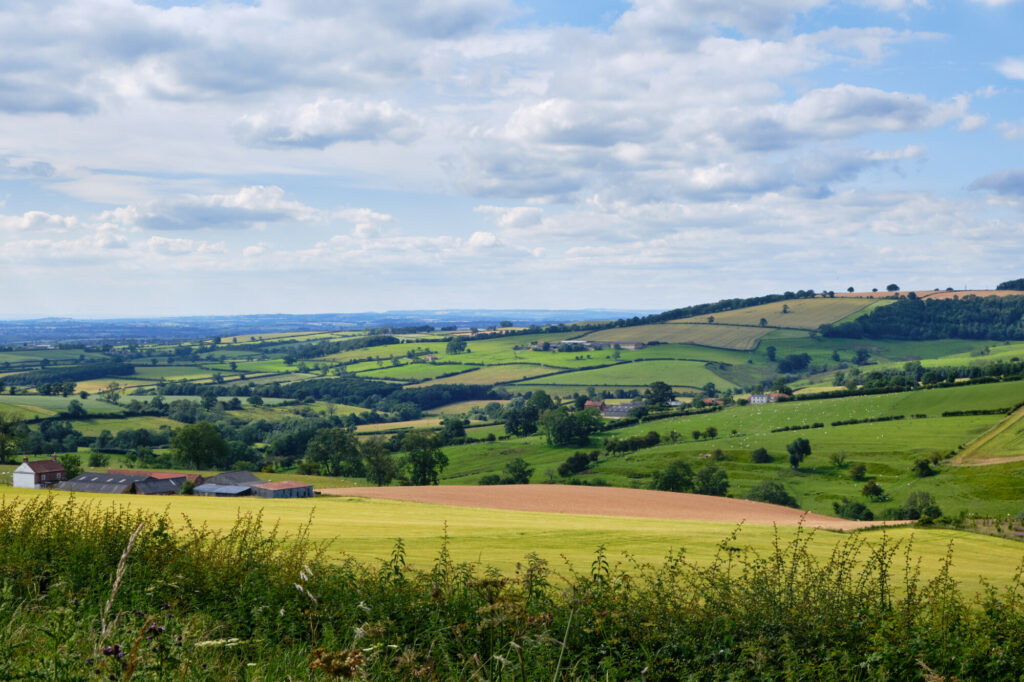Lump sum exit: Tax treatment and what to look out for
16th February 2022
After Defra announced details of the lump sum exit payment scheme, which opens to English farmers in April, NFU Mutual provides advice on the pros and cons.
Farmers interested in taking the government’s lump sum to exit the industry are being warned to watch out for the ‘inheritance tax traps’ with any decision they make.
The good news is that farmers will pay less tax on the lump sum exit payment, which could be as much as £100,000, after Defra confirmed it would be treated as capital rather than income.
Capital Gains Tax is charged at 10% and 20%, compared to Income Tax which is charged at 20%, 40%, and 45%.
In order to claim the exit payment, farmers must either sell their land, rent it out, give it away, surrender a tenancy, or plant trees on it. All of those options could have an impact on future inheritance tax bills.
Sean McCann, chartered financial planner at NFU Mutual, explained: “It’s good news the lump sum is being treated as capital rather than income as that will reduce tax bills on the payment.
“However, Defra’s scheme is attempting to encourage older farmers to exit the industry, so inheritance tax is likely to be a key consideration for many of those interested in taking the lump sum.”
Selling land
“Farmers considering selling their land should think about the inheritance tax traps. Agricultural Property Relief can help reduce or even eliminate inheritance tax on agricultural land and buildings,” Sean explained.
“But if the land is sold and the proceeds are not reinvested into other qualifying assets, they would be subject to inheritance tax if the owner were to die.
“One way to reduce an inheritance tax bill is to reinvest some of the money into a pension, which is normally free from inheritance tax and can be used to pass wealth down to the next generation as well as fund a retirement.”
Renting land out
“Many farmers may choose to keep hold of the land and rent it out on a farm business tenancy in order to receive Defra’s exit lump sum. This can trigger an increased liability to inheritance tax,” Sean continued.
“The most common trap is likely to be farmers who rent out their land but remain in the farmhouse. This will mean in many cases they will lose Agricultural Property Relief on the value of their farmhouse as it will no longer be occupied by the farmer of the land.
“It can also cause issues where the land has an increased development or ‘Hope’ value. Although the land could still qualify for Agricultural Property Relief on the agricultural value, if it has any potential development value this would not qualify for relief meaning that families could end up with an unexpected inheritance tax bill.”
Surrendering a tenancy
“Tenant farmers can normally reduce or eliminate inheritance tax on their machinery and livestock by claiming Business Property Relief.
“Surrendering a tenancy and selling machinery and stock would create a pile of cash that would be subject to inheritance tax, if it wasn’t reinvested into other qualifying assets business assets or pensions.”
Planting trees
“Those farmers who choose to plant trees on their land are likely to lose Agricultural Property Relief on the value of the land. They may qualify for Business Property Relief if it is run as a commercial business,” Sean concluded.

